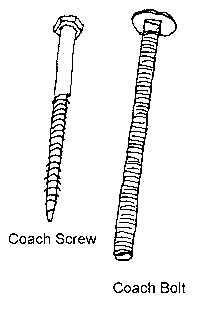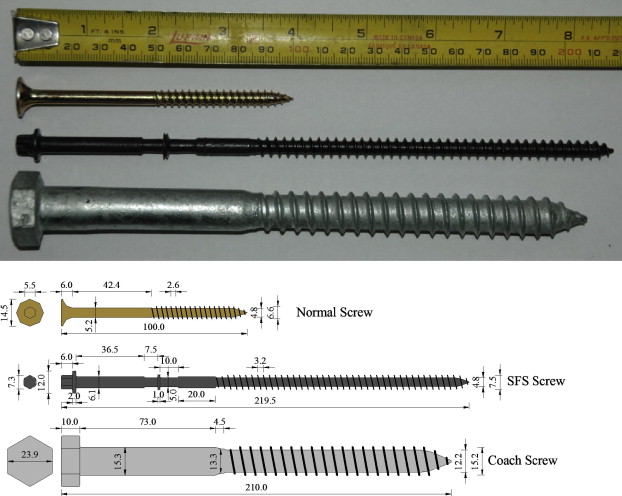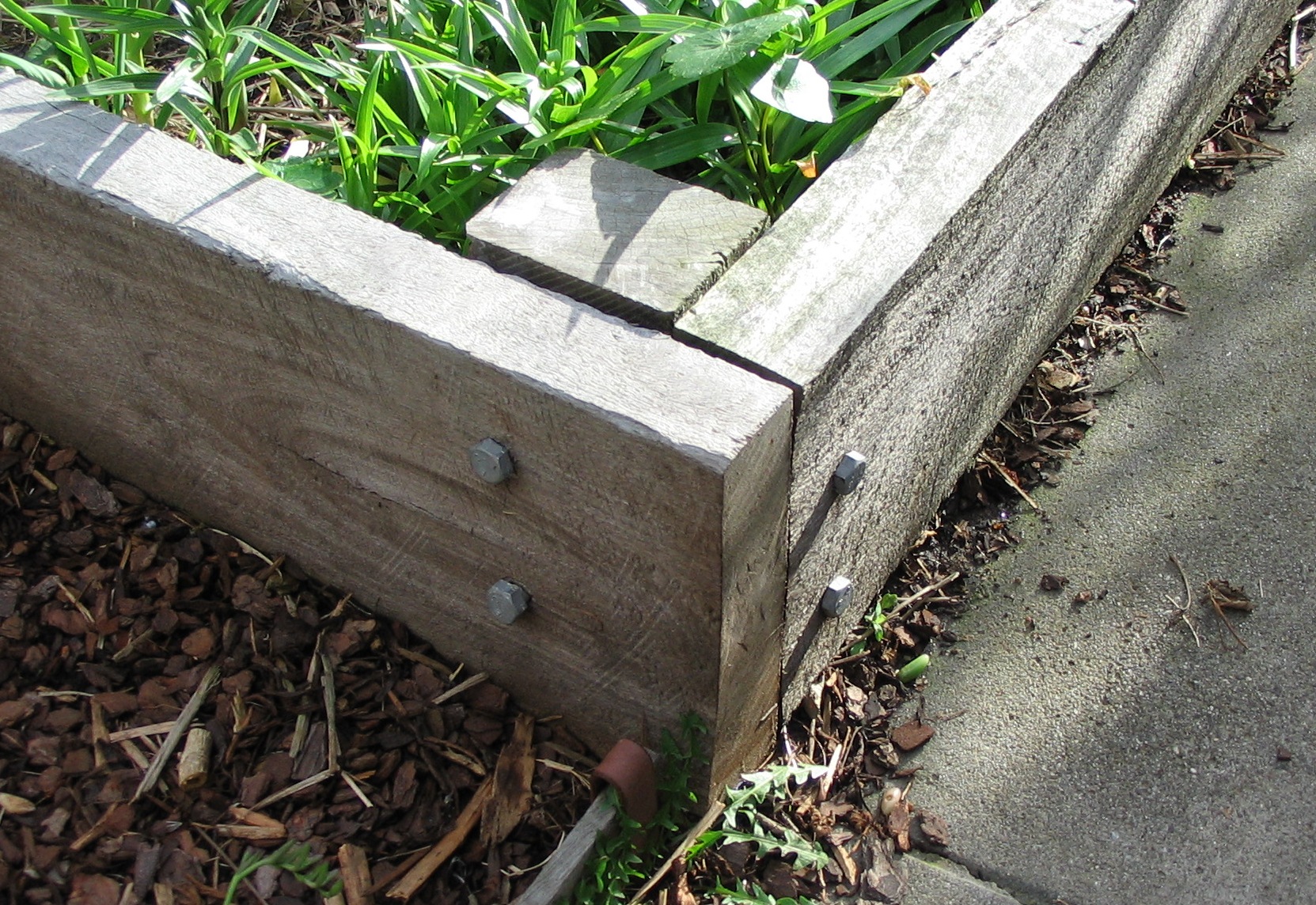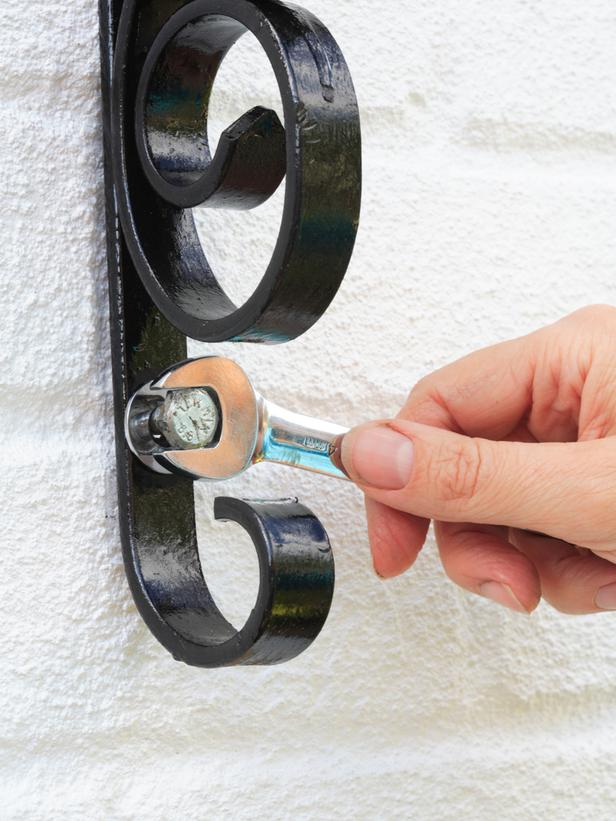What are Coach Screws?
Coach screws are heavy duty fasteners specially designed for fastening metal pieces with timber and also to fasten heavy timbers. These types of rivets are also known as ‘lag bolts’ or ‘lag screws’.

These rivets feature a square or hexagonal-shaped head, specifically engineered to be easily used with any plier, wrench or spanner. These metal pieces are available in a huge range of sizes, ranging from the very small ones ideal for furniture and easily assembled by the consumer to extremely huge ones, which are used in large scale construction projects.

These specially designed fasteners comprise of an outwardly threaded cylindrical shaft, which is tapered at one end and its head protruding out at the other end.
When such screws are inserted into timber, the threads dig in into the wood and their heads prevent the rivets from slipping all the way through, due to the compression which is simultaneously created.

Did you know?
This kind of essential form of the fastener has been in existence for over 2,000 years, although metal rivets used for construction and woodworking have only been in use since 19th century and that was made possible due to the initiation of the mass-manufacture.
It was only during the Second World War that the size of these hardware supplies became standardized, so that they could be manufactured and shared between Allied forces at much ease.
Features
- Coach screws are fastened into wood with a spanner or socket
- These rivets are ideal for fastening into wood and are also used with wall plug in all masonry work
- Made up of galvanized carbon steel
- Features coarse thread and hexagon head
- Features sharp gimlet point for easy penetration
- Length ranges from 40 mm to 110 mm
- Thickness varies from 5 mm to 12 mm
- Most of these fasteners feature smooth shank

Their uses
The coach screws are widely used at critical joins in construction projects, due to their highly sturdy nature. These fasteners are often more advanced than nails for construction projects, as they can be easily removed and reused later.
These rivets are preferred for joints because of their heavy duty characteristic and they even render additional support through the use of metal flanges, whenever needed.

These fasteners are also used for fixing into timber, as their sharp points enable easy and quick installation, however pre-drilling is required in some cases.
When using such screws, it is always important to make sure that you’re using the correct wrench or spanner so as to prevent the head of the screw from getting damaged during installation. You should check-out the size of a wrench or spanner whichever you’re using, plus, you should also measure the flat ends.

And if you’re using these fasteners in fastening wooden pieces or in other cases where the rivet has to pass through the surface then you should use a washer with the screw so that the head won’t be sucked into the surface.
Hints & Tips
- Use with a wall plug in masonry work
- Extremely sturdy and reliable
Advantages
- Easy to install
- Extremely sturdy and reliable
- These rivets are ideal for fastening into wood and are also used with wall plug in all masonry work
- Available in bulk for better prices
Leave a Reply